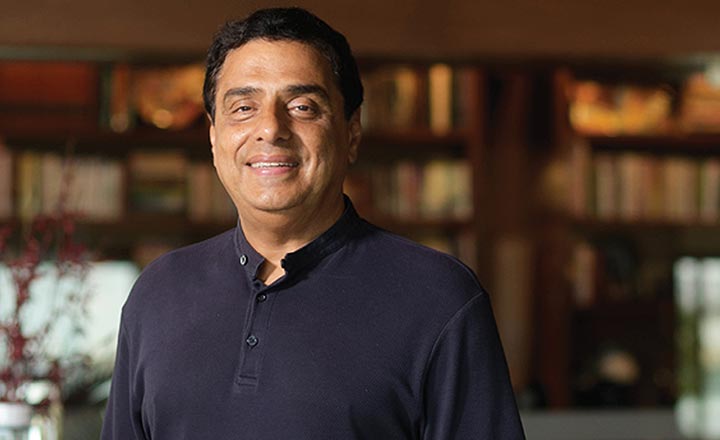Indians tend to be a thrifty lot but there are a couple of things that they unhesitatingly overindulge on – education and weddings. Serial entrepreneur Ronnie Screwvala has found a sweet spot in education that has not been explored as a business opportunity yet in India. So here he is, back in the start-up game with a bang, targeting working professionals who need to upskill.
The five-year old start-up seems to have the wind behind its back and is growing by leaps and bounds. upGrad’s growth is remarkable for a couple of reasons. One, its rapid ascent thus far comes on the back of high-priced courses, as opposed to the discounting model most start-ups embrace in the initial years; and two, it hasn’t raised outside capital yet.
While skeptics abound on whether the high fees charged is a sustainable strategy, Screwvala thinks otherwise given the market potential. Going forward, too, he is betting the start-up will continue to challenge the status quo. Pricing is a direct consequence of product differentiation and that’s exactly what Screwvala is counting on to ensure a robust business model.
Interesting times lie ahead for upGrad as eventually one will get to see how Screwvala’s conviction plays out. But then, like most new business opportunities, it is not inconceivable to see competition surge quickly once demand has been proven.
There is one another risk. If there is something that can drain the momentum at upGrad, it is the current state of economic growth. The very essence of upskilling is to stay relevant in the job market. With not enough new jobs being created, will people be forthcoming or hesitant to seek greener pastures?
Then again, even if they feel the need to upskill, will those who have been unfortunate to lose their jobs choose to eat into their savings if there is no job guarantee after they complete their course? Personal and education loans have helped people tide through good times, but this time around, lenders might reserve their generosity for those well-placed to service their loans.











